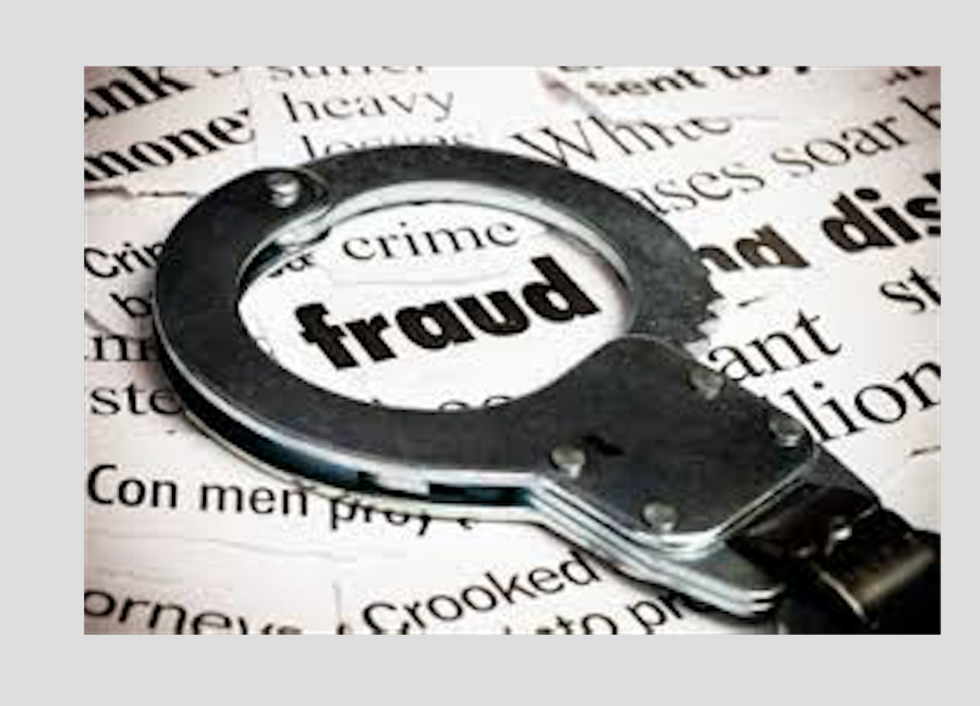From my first day at John Jay College of Criminal Justice, about twenty percent of people know that a major like Fraud Examination and Financial Forensics exists. The responses I usually get when I tell someone I am majoring in Fraud Examination vary from “What, I did not know that was a major,” to “That is cool, but what do you even do with a major like that?” Well, if you ever wondered about question #2, then this article is definitely for you.
Let's start with the basics. What is fraud anyway, and why does it have a dedicated major? Fraud is defined as the selling of an idea, product, or service with the knowledge of it being false for your own good. Okay, now what does that even mean? For example, check tampering would be considered fraud, but bribery, on the other hand, would be considered corruption. The point I am trying to get at is that a Fraud Examiner does not only focus on the “f-word.” We focus on fraud, waste, abuse, and corruption (and the list can go on). Fraud Examination, as stated on the John Jay College website, is “an interdisciplinary program of study that integrates knowledge of accounting principles and techniques with intellectual tools supplied from social science and other disciplines. The aim is to present a more comprehensive view of fraud that extends beyond the limited framework of any single disciplinary framework.”
Back in the day and still today, individuals who wanted to become fraud examiners would major in Accounting during their undergraduate and later be able to take the Certified Public Accountant exam as well as, the Certified Fraud Examiner exam. With John Jay College of Criminal Justice and the University of Albany coming up with a Fraud Examination major, students are able to focus their attention on the various topics that go under fraud examination and you guessed it—it is not only accounting classes! For a fraud examination major, students take several accounting courses varying from Introduction to Accounting, Intermediate Accounting, Accounting Information Systems, and Auditing, but it does not stop there. Students are also required to have basic understanding and knowledge in the fields of Sociology, Criminology, and Economics on top of their fraud-based classes such as Digital Forensics, Forensic Accounting, and Financial Forensic Analysis.
By choosing to major directly in Fraud Examination instead of Accounting, I am able to focus on classes from various fields. I find that to be really useful since a Fraud Examiner’s job requires numerous skills such as having a broad understanding of accounting and being able to go out in the field and interview potential fraudsters. What is truly amazing about becoming a Fraud Examiner is that there is not one career path you need to take. You can specialize in divorce fraud, white-collar fraud, and work for the Internal Revenue Service. In short, the sky is your limit.
















